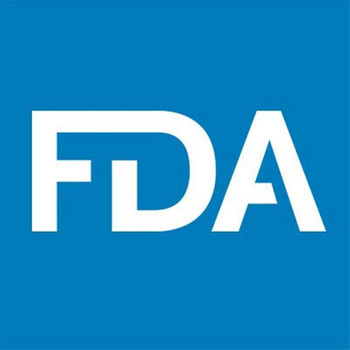
Manufacturing issue creates setback for Alkermes on much-anticipated therapy that mitigates weight gain.

Manufacturing issue creates setback for Alkermes on much-anticipated therapy that mitigates weight gain.

A Cleveland Clinic scientist stopped short of saying doctors should take patients off Vascepa, but he said he has questions due to the lack of a "neutral comparator."
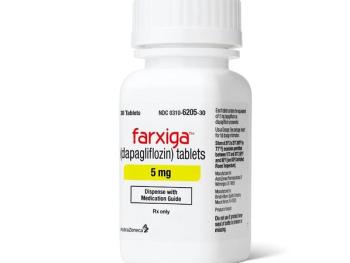
The findings are the first in a series of six studies involving a registry supported by drug makers in the diabetes, cardiovascular, and heart failure space.

DocASAP’s second annual survey reveals an accelerated demand for timely, convenient care across different settings and the pandemic’s impact on care.
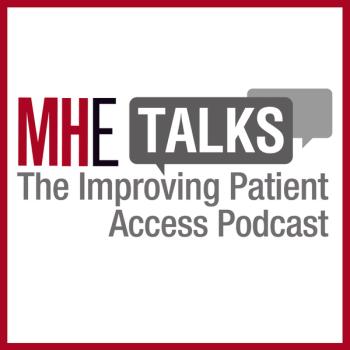
Starting this week, the editors of Managed Healthcare Executive® are launching a new, twice-a-month podcast about how those barriers can removed, lowered, or worked around so all patients get the healthcare they need.

Pandemic prompts supply chain to focus on reducing risk, building resilience; concerns remain about data accuracy.

Vivek Murthy, M.D., MBA, former surgeon general, David Kessler, M.D., former FDA commissioner, and Marcella Nunez-Smith, M.D., M.H.S., an associate professor at Yale Medical School are the co-chairs

University of Vermont researchers say their data show there are alternative approaches to using gadolinium-based contrast agents in follow-up MRIs of patients with multiple sclerosis.

A survey by Luma Health shows that 52% of patients are comfortable or very comfortable with telehealth. A quarter of providers see a risk of their organizations going out of business.

Forty-three percent of new cases in nursing homes are coming from midwest states.

Time to make your prediction even if we won't know the answer for awhile.

Research from a Doximity survey shows physician wages have grown by only 1.5% amid COVID-19 pandemic, and gender pay gap among doctors persists at 28%.

The debate is scheduled to run from 9-10:30 p.m. ET. COVID-19 (but not healthcare) is one of the six topics that will be covered.

Sanofi and Regeneron report positive Phase 3 results for Dupixent in children with moderate-to-severe asthma

Francois de Brantes, Otis Brawley, Eric C. Hunter, Keely Macmillan, Ateev Mehrotra, and Marc Samuels are joining the Managed Healthcare Executive® editorial advisory board.

Flu increases the risk of heart attack, especially among people with diabetes and atherosclerotic cardiovascular disease (ASCVD). COVID-19 and the possibility of co-infection makes getting vaccinated against the flu particularly important this year.

Emergency use authorization granted for CareStart point-of-care kit.

Council for Affordable Quality Healthcare, Inc.'s solution will facilitate how health plans, Medicaid agencies and third-party apps find and share technology connections to provide consumers greater access to their healthcare data.

COVID-19 has accelerated the need to attract and retain patients, yet 38% of health system leaders aren't confident about their visibility into leakage.

In an interview with Axios about the first political editorial in the journal's history, Editor-in-Chief Eric Rubin says it is not an endorsement of Joe Biden but sends the message to "simply throw the bums out" and not vote for Donald Trump.

The Max Cure Foundation is urging a dramatic reduction of toxic chemicals in the environment and within consumer products to reduce the number of children diagnosed with cancer.

Insights from MGMA’s data report tracks key performance indicators and best practices for optimizing patient access and sustaining financial viability through the pandemic.

Without changes to next year's Medicare fee schedule, physician payment would be reduced by almost 11%. says the AMA.

"If the president can get infected in the protected bubble he lives in, anyone can."

The American Medical Association recently applauded California Governor Gavin Newsom and the sponsors of the state’s new mental health reform law, Senate Bill 855, which will require all health insurers and behavioral health management organizations to rely on evidence-based treatment guidelines developed by physicians and health care professionals—and not financial considerations.

Independence Blue Cross and Signify Health have put together of community organizations and other services to address the social determinants of health and provide in-home care.
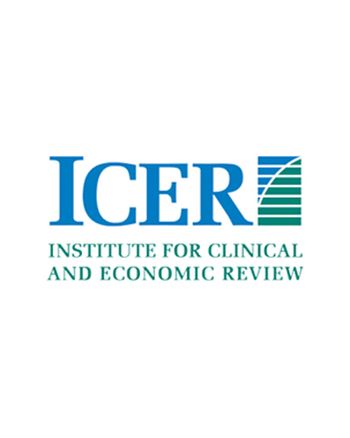
Drug cost-effectiveness group announces that it is branching out into evaluating payer formularies and drug cost-sharing policies.

The Alliance of Community Health Plans calls for changes to get more biosimilars approved and on the market.

Texas Oncology Executive Vice President Debra Patt says it will be unrealistically expensive for oncologists to keep many biosimilars for the same innovator product in their inventories.
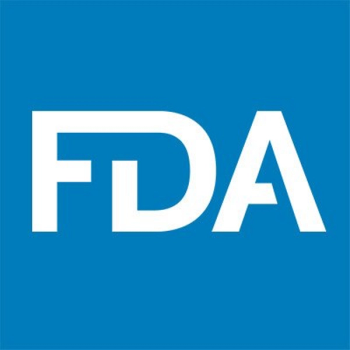
Approval for treatment of HES, update to address addictive nature of benzodiazepines.